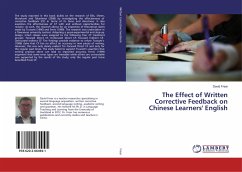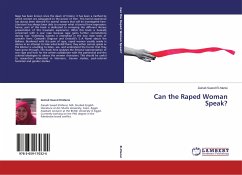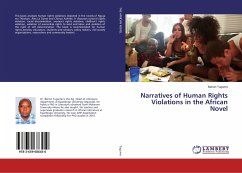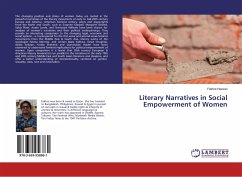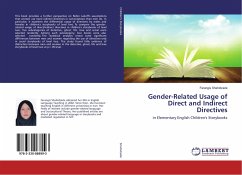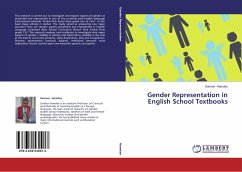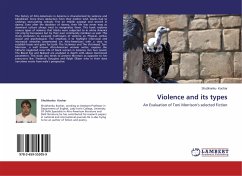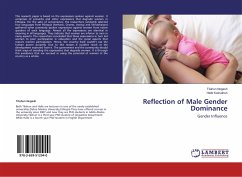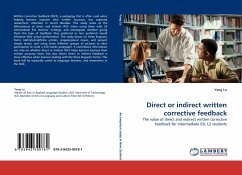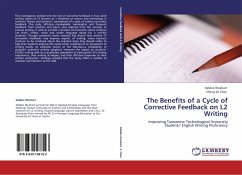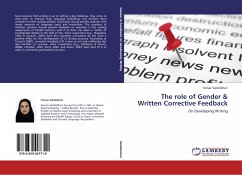
The role of Gender & Written Corrective Feedback
On Developing Writing
Versandkostenfrei!
Versandfertig in 6-10 Tagen
41,99 €
inkl. MwSt.

PAYBACK Punkte
21 °P sammeln!
Since learners find writing in an L2 setting a big challenge, they come to class both to improve their language proficiency and become more confident in their writing abilities. Instruction should provide students with ample amounts of language input and instruction. The question of whether teachers should provide feedback on grammar in the writing assignments of ESL/EFL learners, and if so how, has been a matter of considerable debate in the field of SLA. Some researchers (e.g., Sheppard, 1992; & Truscott, 2007) claim that grammar corrections do not have a positive effect on the development o...
Since learners find writing in an L2 setting a big challenge, they come to class both to improve their language proficiency and become more confident in their writing abilities. Instruction should provide students with ample amounts of language input and instruction. The question of whether teachers should provide feedback on grammar in the writing assignments of ESL/EFL learners, and if so how, has been a matter of considerable debate in the field of SLA. Some researchers (e.g., Sheppard, 1992; & Truscott, 2007) claim that grammar corrections do not have a positive effect on the development of L2 writing accuracy. According to Truscott (2007), corrective feedback (CF) is seen as not only ineffective but also harmful. In contrast, other researchers (e.g., Bitchener & Knoch, 2008a; Chandler, 2003; Ferris, 2002; and Sheen, 2007) claim that CF is of value in promoting grammatical accuracy.



